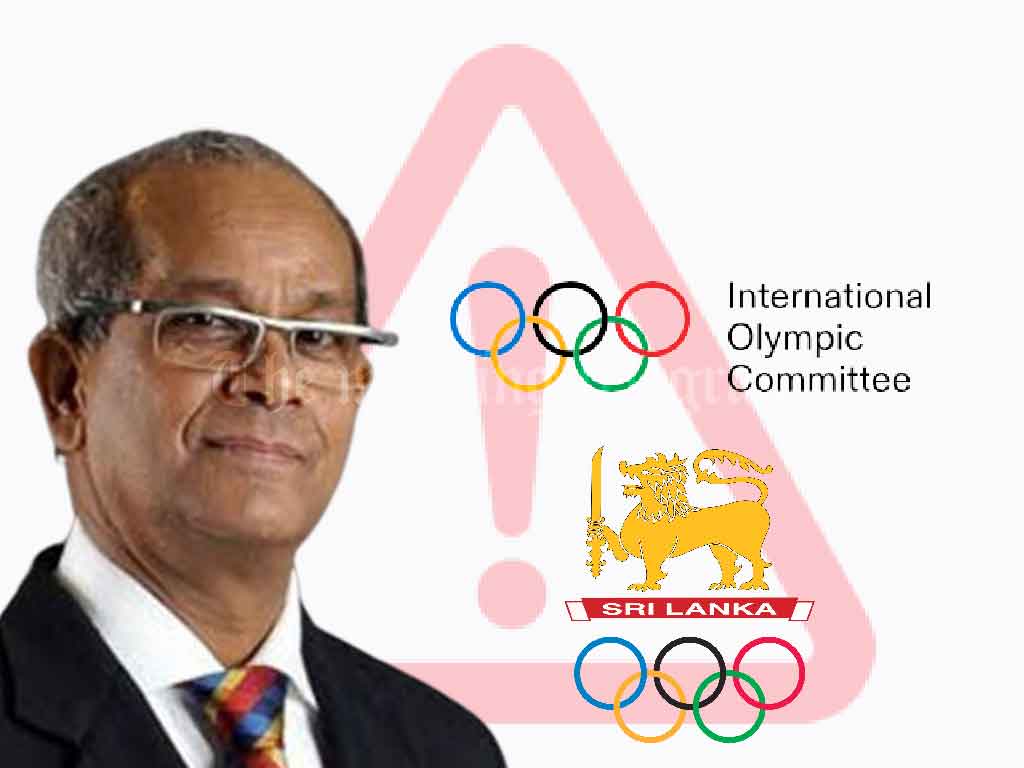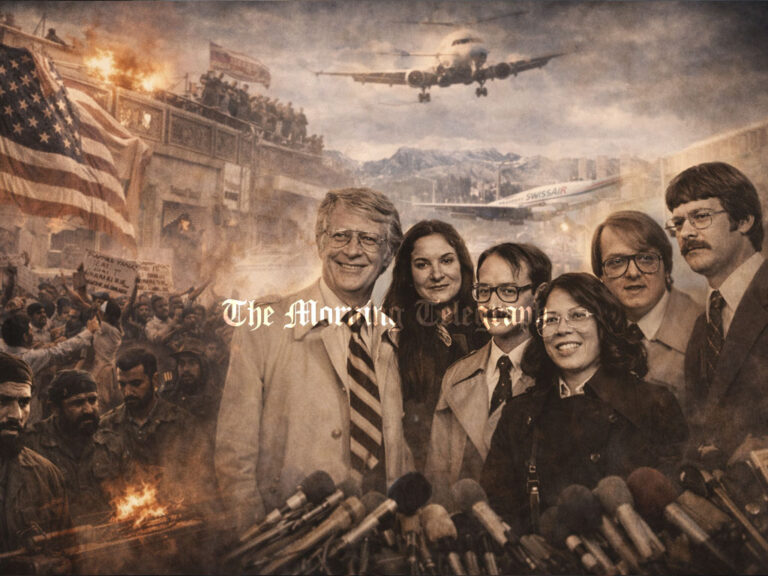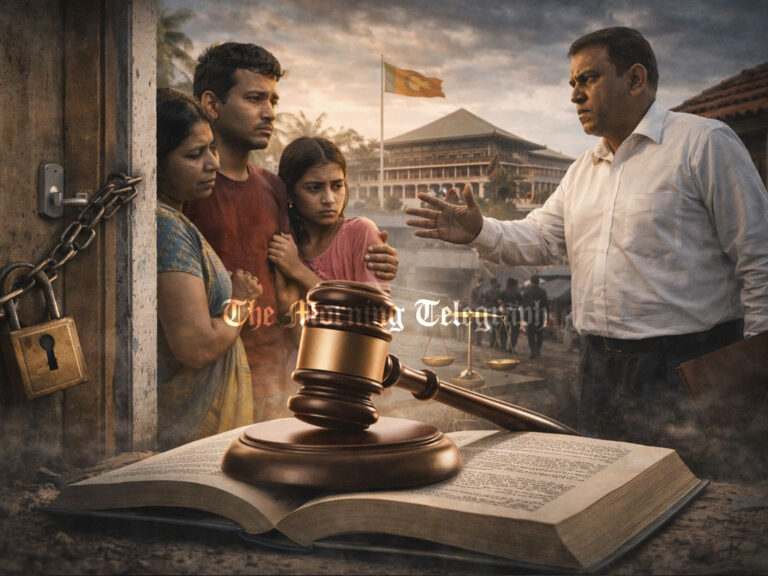
The Sri Lanka National Olympic Committee (NOC) is under mounting pressure from the International Olympic Committee (IOC) and the Olympic Council of Asia (OCA) due to its failure to address serious internal governance issues, specifically surrounding the alleged misconduct of Secretary General Maxwell de Silva. The Ethics Committee of the NOC had previously recommended his immediate suspension, pending further investigations into his indiscipline and improper conduct, but the NOC’s Executive Board has yet to take decisive action.
The issue dates back to recommendations made by the NOC’s Ethics Committee, which highlighted multiple allegations against de Silva. These include accusations of ethical violations and breaches of conduct that have raised significant concerns about the integrity and operations of the National Olympic Committee. Despite the seriousness of the findings, the NOC Executive Board has not yet acted on the suspension request, leading to growing discontent both locally and internationally.
In response to the NOC’s inaction, both the IOC and OCA have issued strong warnings. On November 11, 2024, IOC Assistant Director of Corporate and Governance Services, Jérôme Poivey, sent a letter to NOC President Suresh Subramaniam, urging the NOC to convene an emergency Executive Board meeting and address the issue without further delay. The letter emphasized that these governance problems were damaging the reputation and functionality of the NOC, which in turn has a negative impact on Sri Lanka’s participation in the Olympic movement.
In the letter, Poivey said, “We understand that your National Olympic Committee has reviewed the allegations and made recommendations, which for unknown reasons have not yet been considered by your National Olympic Committee Executive Board.” He further warned that the delay in addressing the allegations was not only tarnishing the NOC’s reputation but also potentially jeopardizing its standing with the IOC. Poivey reminded the NOC that if these issues were not resolved in accordance with its constitution and in a timely manner, the IOC would reserve the right to take further action.
The IOC and OCA have expressed growing concerns about the impact these internal governance issues could have on the overall functioning of the NOC, including its ability to effectively manage Sri Lanka’s participation in future Olympic events. The Sri Lanka NOC, which has historically been a key part of the country’s involvement in international sports, now faces a serious challenge in restoring its credibility.
The delay in addressing the situation has led to significant frustration among stakeholders, including athletes, coaches, and officials who rely on the NOC for support and resources. The NOC’s inability to act decisively on the Ethics Committee’s recommendations has raised doubts about the organization’s ability to handle serious issues and uphold the values of fair play, integrity, and accountability that are central to the Olympic movement.
Both the IOC and OCA have reiterated that the integrity of the Olympic process must be maintained at all costs and that swift, responsible action is required. They have also pointed out that any failure to act could lead to further repercussions, potentially affecting Sri Lanka’s standing within the Olympic community and its ability to participate in future Olympic Games and events.
As the situation continues to unfold, all eyes are on the Sri Lanka National Olympic Committee to determine whether it will take the necessary steps to resolve the governance crisis and restore confidence in its ability to represent the country on the global stage.




